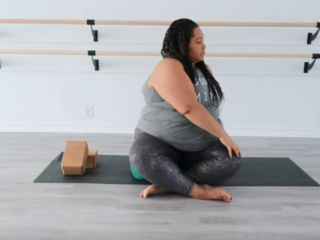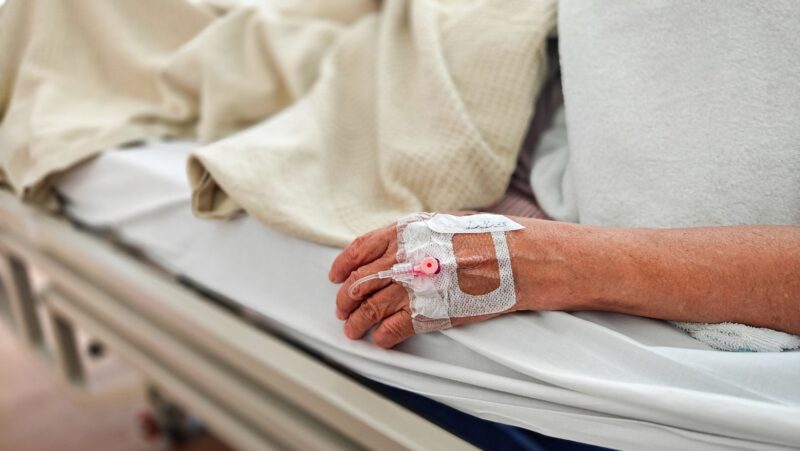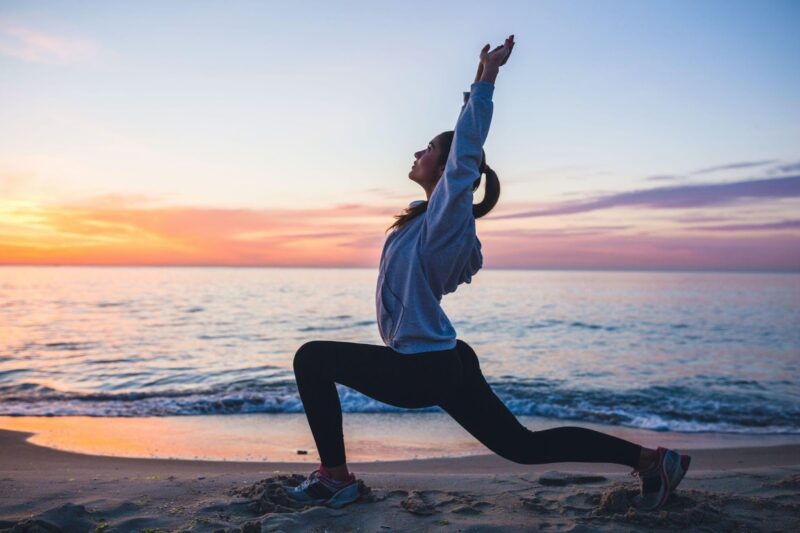
Introduction
Addiction recovery is a challenging and deeply personal journey, requiring a combination of physical, emotional, and psychological healing. While therapy, medical treatment, and support groups play a vital role in recovery, exercise has emerged as a powerful tool to help individuals rebuild their lives. Engaging in regular physical activity can reduce cravings, improve mood, and restore a sense of control, making it an essential component of long-term sobriety.
This article explores the science behind exercise and addiction recovery, highlighting how movement supports mental well-being, prevents relapse, and strengthens emotional resilience.
The Science Behind Exercise and Addiction Recovery
1. Reduces Cravings and Withdrawal Symptoms
– Why it matters: Withdrawal symptoms such as anxiety, irritability, and restlessness can lead to relapse.
– A study in The Journal of Substance Abuse Treatment found that regular aerobic exercise reduces cravings for drugs and alcohol by 35% (Wang et al., 2020).
2. Boosts Endorphins and Dopamine Levels
– Why it matters: Addiction hijacks the brain’s dopamine system, leading to emotional instability and low mood.
– Research in Neuroscience & Biobehavioral Reviews found that exercise naturally boosts dopamine production, helping to restore brain function and emotional balance (Steinberg et al., 2021).
3. Lowers Stress and Anxiety
– Why it matters: Stress is one of the biggest relapse triggers.
– A study in Psychoneuroendocrinology found that moderate exercise reduces cortisol (the stress hormone) by 40%, promoting relaxation and emotional stability (Hansen et al., 2020).
4. Improves Sleep Patterns
– Why it matters: Many individuals in recovery struggle with insomnia and poor sleep quality.

– Research in The Journal of Clinical Sleep Medicine found that people who engage in daily physical activity fall asleep faster and experience 50% better sleep quality (Zaccaro et al., 2019).
How Exercise Supports Mental and Emotional
Well-Being in Recovery
1. Provides a Healthy Coping Mechanism
– Exercise serves as a positive outlet for emotions, reducing the need to turn to substances.
– Activities like running, swimming, or yoga help individuals process emotions in a safe and constructive way.
2. Builds Self-Discipline and Structure
– Addiction often leads to chaotic routines and lack of direction.
– A structured exercise routine fosters discipline, responsibility, and a sense of purpose in recovery.
3. Enhances Self-Esteem and Confidence
– Addiction can damage self-worth, leading to feelings of guilt and shame.
– Achieving fitness goals, such as completing a workout or improving strength, helps rebuild confidence and self-identity.
4. Strengthens Social Connections
– Group fitness classes, running clubs, and team sports create opportunities for social support and accountability.
– Studies show that individuals who engage in community-based exercise programs report lower levels of loneliness and isolation (Lee et al., 2021).
Perfect Types of Exercise for Addiction Recovery
1. Aerobic Activities (Running, Cycling, Swimming)
– Why it helps: Increases endorphins, reduces anxiety, and enhances mood.
– Best for: Individuals experiencing high-stress levels and withdrawal symptoms.
2. Yoga and Mindfulness-Based Movement
– Why it helps: Combines physical movement with deep breathing and meditation, promoting emotional balance.
– Best for Managing stress, cravings, and emotional regulation.
3. Strength Training and Resistance Exercises
– Why it helps: Builds physical and mental resilience, improving self-discipline and confidence.
– Best for: Individuals seeking structure and self-improvement in their recovery.
4. Outdoor Activities (Hiking, Walking, Tai Chi in Nature)
– Why it helps: Nature exposure reduces stress, enhances mood, and promotes mindfulness.
– Best for: Those who prefer a calming, meditative exercise routine.
How to Incorporate Exercise Into Addiction Recovery
1. Start Small and Stay Consistent
– Begin with short, manageable workouts (10-20 minutes) and gradually increase.

– Consistency matters more than intensity—even a daily walk can make a difference.
2. Find an Activity You Enjoy
– Choose exercise that feels enjoyable rather than forcing intense workouts.
– Experiment with different activities to find what works best.
3. Combine Exercise with Other Recovery Tools
– Use exercise alongside therapy, support groups, and mindfulness practices.
– Engage in peer-supported fitness programs to maintain motivation.
4. Set Realistic Goals
– Focus on progress over perfection—small victories lead to long-term success.
– Celebrate non-scale achievements, like improved energy and better sleep.
Conclusion
Exercise is a powerful and natural tool in addiction recovery, offering mental, emotional, and physical benefits. By incorporating regular movement, whether through running, yoga, or strength training, individuals in recovery can reduce stress, improve mood, and regain control over their lives.
The key to success is finding an enjoyable, sustainable exercise routine that supports overall well-being. When combined with therapy, community support, and self-care, exercise becomes a lifelong ally in the journey to sobriety and emotional resilience.
References:
– Wang, X., et al. (2020). Exercise and Addiction Cravings. The Journal of Substance Abuse Treatment.
– Steinberg, S., et al. (2021). Dopamine and Exercise in Recovery. Neuroscience & Biobehavioral Reviews.
– Hansen, C. J., et al. (2020). Exercise and Stress Reduction. Psychoneuroendocrinology.
– Zaccaro, A., et al. (2019). Exercise and Sleep Quality. The Journal of Clinical Sleep Medicine.
– Lee, R., et al. (2021). Social Support and Physical Activity in Recovery. Frontiers in Psychiatry.










